This is something that has bothered me for a long time and i still have been unable to find an answer.
I have a huge system with alot of different features. What is common for this system is of course that my users can
create, update, read & delete
different parts of my system.
For simple reasons lets say i have an application that has the following features:
- Document administration
- Video administration
- User administration
- Salery administration
(Please do note i took these at random just to prove a point that all of these would have their own separate tables and does not necessarily be connected).
Now i wish to create some sort of logging system. So that when ever someone either create,update or delete an entity it will be recorded.
Now as far as i can see i can do this two ways.
1.
Create a logging table for each of the 4 features that is in my system. However with this method i am required to create a logging table for each new feature i add to the system. i would also have to combine data from X number of tables if i wish to create a log which potentially could be a huge task!
2.
i could create something like the following:
However once again i would have to add a col for each new feature i will add.
So my question is what is the best way for creating logging database architecture
Or is there an easier way?

